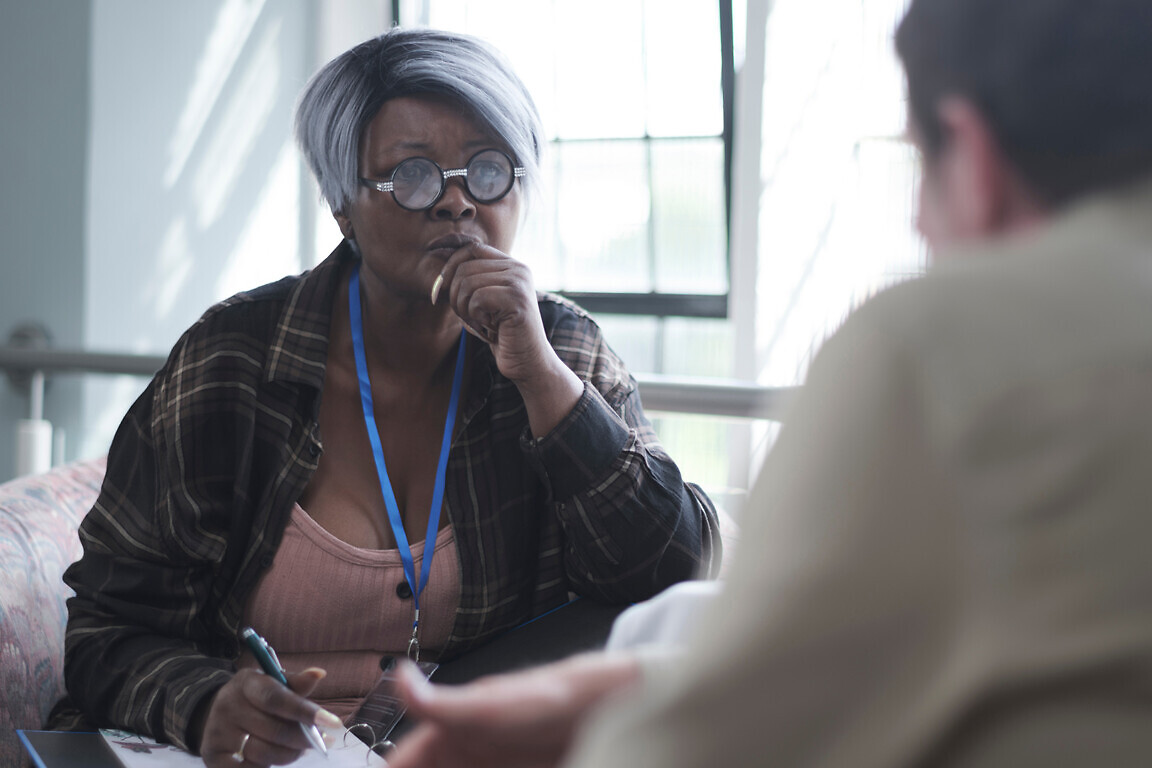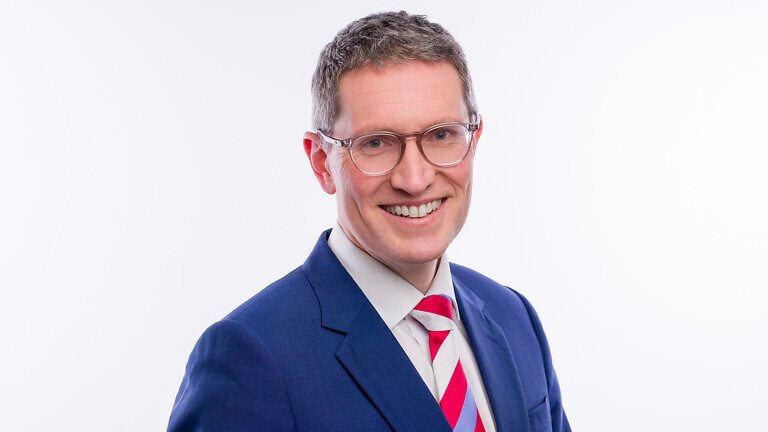Doctors – whether working in the private sector or NHS – are disinclined to take time off when feeling unwell. For many of us, the ‘keep going’ mentality is a result of our medical training, in which the focus is heavily on patient care and clinical knowledge. Self-care is touched upon, but only briefly and it can often feel like an after-thought, says Dr. Rob Hendry.
Medical Protection recently surveyed more than 1,000 doctors in the UK about presenteeism in the medical workforce – of which just over 100 are working solely in private practice or practicing privately with some NHS work. A particular focus for the survey was on doctors continuing to work while not feeling mentally well enough to do so.
While the private clinician response rate was relatively small, the survey still reveals some interesting insights from those working in the private sector. More than half (52%) of the private clinicians who responded said they continue to work despite not being mentally well enough. There are several reasons for this. Around two in five (42%) say it is because their patients rely on them, 40% say it is because there is no one else to step in, and 39% say it is just what is expected of them.
29% say they continue to work despite not being mentally well enough due to pressure to clear waiting lists – which may be a sentiment expressed more by those respondents doing some NHS work in addition to private practice, but may also allude to the private sector’s increasing role in clearing NHS waiting lists.
Anonymous comments left by the private doctors surveyed, shed more light on the variety of pressures they currently face. One commented “It is really hard to cancel clinics in private practice (I only work privately) where the waiting list is mine alone.”
One said “If I take unplanned time off work, my operating lists and clinics are cancelled. This causes devastation for my patients. Rescheduling is a nightmare and creates too much pressure on everyone, so as long as I can lift my head from the pillow and walk to the bathroom, it is ultimately easier just to go to work.”
Another added “Doctors’ mental health is still highly stigmatised. Most of my colleagues would not want managerial staff at their workplace to have knowledge that they were struggling.”
Working while not feeling mentally well enough does of course come with its risks – even for the most experienced doctors. For example, on a personal level it may exacerbate the issue, result in more time off work in the longer term to recover, or even result in doctors leaving the healthcare profession altogether.
Despite the best of intentions, it can also impact on patient care and the survey shows the variety of ways this can manifest. Many of the private doctors who took part said it had led to a loss of concentration (62%), a lack of empathy with patients (56%) or a breakdown in relationships with colleagues (38%).
Almost two in five (38%) suspected it may have contributed to a lower standard of care, and around one in five (19%) said it may have resulted in a missed or incorrect diagnosis. 25% said there had been no effect on patients.
One survey respondent commented “When not feeling mentally well enough to work, I can be increasingly argumentative and less empathetic to colleagues and patients, leading to breakdown in relationships at work and at home.”
Another said: I tend to struggle more with decision making and my reflex is to take longer or follow up more or investigate more. This can over medicalise someone and tends to increase my workload and risk of burnout.”

Presenteeism is a complex issue to solve in a profession where its roots are so deep. I do however feel more could be done to ensure that doctors, whether working in the private sector or in the NHS, feel able to take time off when they are too mentally unwell to work – without guilt or stigma.
Accessible mental wellbeing support is key, and in our survey almost 8 in 10 (79%) of private doctors say better access to support could reduce presenteeism.
Could private healthcare providers help in supporting doctors? Unlike in the NHS, private doctors are rarely employed directly by a private provider and hence are not likely to automatically qualify for wellbeing-related resources or benefits that employees may get. A healthcare provider, and what they could feasibly offer, could also vary significantly between a large private healthcare group with a network of hospitals, and a small private clinic.
Regardless of setting, simple steps could be taken to make working environments as supportive as possible, for example, signposting to mental wellbeing resources and encouraging doctors to seek support if they are struggling and feel it may impact on their work.
We know the pressures of working in the private sector – from running a profitable business, through to working with different governance structures and different patient demands when delivering a paid-for service – can be significant.
In 2023, the MPS Foundation – which was established by MPS in 2022 to fund research aimed at improving patient safety and clinician wellbeing – funded a project to identify and manage work-related risks to mental wellbeing specifically for clinicians working in private practice.
The “Thrive at Work” research project, led by Affinity Health at Work, aimed to identify aspects of the work environment that are considered most stressful, and target interventions and resources that help private clinicians understand their personal work-related risks and develop skills to manage these risks. This will ultimately support their mental health and help them thrive in their work.
The research found that doctors working in private practice reported higher work demands, lack of breaks but also reported increased control over their work and a better work-life balance.
This is an important project, and one I know the MPS Foundation is proud to be supporting. The project leads are currently disseminating more detailed findings from the research, and we will be hearing more about it soon.
Dr Rob Hendry is the Chief Member Officer at Medical Protection.



